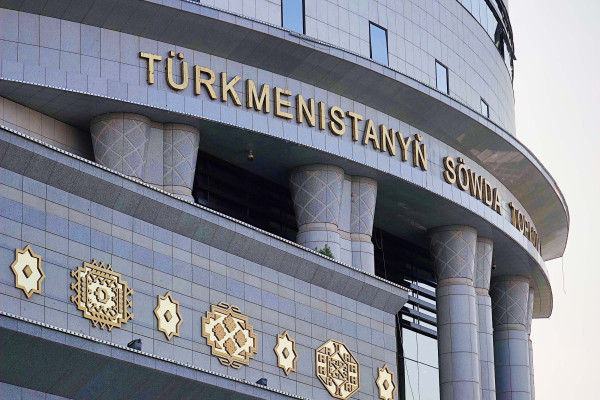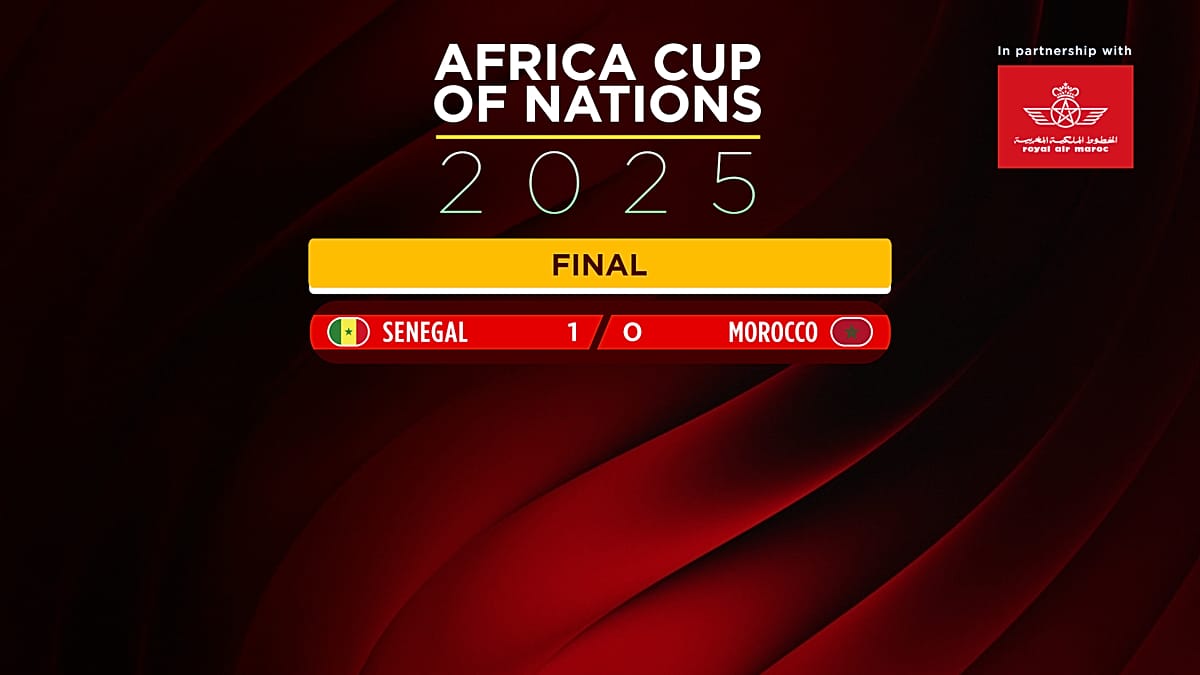The problem with expanding Euroleague’s post-season


Dimitris Itoudis wants to see more teams in the Euroleague playoffs, a lot more. Be careful what you wish for, warns Emmet Ryan, as the NBA example teaches a different lesson to what the great coach thinks.
Dimitris Itoudis likes to talk about the format of basketball competitions. That immediately makes him someone this site loves, even when in disagreement on the matter. That he thinks a lot about these things and discusses them gives BiE an excuse to dive into the topic.
An interview he did with the Euroleague Head Coaches Board, of which he is president, website this week has raised eyebrows. Like I said, I disagree with him but I’m really glad he brought the matter up.
What Itoudis wants
In short, playoff expansion in Euroleague. Dimitris Itoudis wants more teams in the post-season proper, not just the play-in. “I believe we should examine the competitive aspect of the league more closely. In the past, when we were 16 teams, eight made it to the playoffs, so that’s 50 per cent of the teams, and it approaches the percentage of the NBA teams that are involved in the postseason,” Itoudis said.
“When the league expanded to 18 teams, nothing changed in the playoffs, and as coaches, we had to put pressure on the inclusion of the play-in round. Now we are at 20 teams, and the playoffs are still an eight-team affair, pushing the percentage of teams involved to 40 per cent and only if we add those competing in the play-in, we get back to 50 per cent,”
“That means that 12 out of the 20 teams will miss the playoffs, and their season will be considered bad. We need at least 12 teams taking part in the post-season, even with an extended play-in round,”
“Now we have six teams qualified directly for the playoffs and four more involved, with two of them also making the playoffs. In the NBA, 16 out of the 30 teams are competing in the playoffs, and if we add the play-in games, then it’s 20 out of 30, so that’s 67 per cent of the league. We have to ask ourselves why. Is it just convenient to have eight teams involved?”
The numbers issue
Right, let’s address the last point Itoudis made. Is it just convenient? Well, no, it’s a matter of merit and product quality for Euroleague. I’m going to be generous here and assume full playoff series at every round, while maintaining the current Final Four.
In the current model, a minimum of 94 per cent of all games played in a Euroleague season are in the regular season. If it were to expand to 12 teams with full playoffs, that number is still 89.6 per cent. Even if you add on some play-ins to that, it’s still at 89 per cent.
Those enormous percentages matter because they reflect the weight of the regular season. In Euroleague, it’s really important. Getting to the 10th spot out of 20 teams may seem arduous but it’s a reasonable bar to set. Going through 90 per cent or so of the entire season to eliminate half the competitors is, if anything, mild on those that under perform. From a merit perspective, it’s difficult to agree with Itoudis.
BallinEurope is ramping up its YouTube game this season. Subscribe to our channel now for player exclusives, analysis videos, and much more.
But the NBA does it?
The comparison Itoudis draws with the NBA is worth noting. It is, after all, the biggest basketball competition on the planet by an enormous distance. There, 16 out of 30 teams (53 per cent) make the playoffs proper with that jumping to 66.7 per cent when the play-in is factored in.
It’s also why the NBA regular season has become borderline unwatchable. The NBA Cup was created essentially to give people a reason to care about the best professional basketball season in existence. The lack of peril in the regular season is a far greater turn-off than load management to casual fans.
It is far from alone in this issue, the Champions League in football, rugby’s Champions Cup, and many more competitions have increased post-season access to the detriment of the part of the campaign that involves most of the games.
Take, by comparison, the NFL and Major League Baseball. The NFL, with 14 of 32 (44 per cent), and MLB, with 12 of 30 (40 per cent) are more in line with Euroleague. The former is also a revenue generating machine where the regular season has peril and that in turn adds value to the post-season.
BallinEurope has a book, a real life actual book called I Like it Loud, and you can buy it on Amazon now. It’s here as a book and here in Kindle form.
What is success?
Itoudis noted that in the current scenario, where 12 of 20 teams don’t make the playoffs proper, their season is considered bad and therefore it’s not the ideal standard. Considering this is a man who spent 8 seasons at CSKA Moscow where the season lived and died on Euroleague Final Four weekend, that seems to rather gloss over the reality of the situation.
Real Madrid won the ACB title last year after a run to the Euroleague playoffs, yet parted ways with Chus Mateo. The season was considered a failure because of the club’s standards. When Olympiacos lost to Monaco in the Final Four, the future of Georgios Bartzokas was questioned because the bar for that season was being champions.
Those are the tippy top in expectations but it gets to the key point. If the playoffs get so big that it’s easy to reach them, then simply getting there will no longer be the bar for success. Fans, owners, and other stakeholders are smart enough to see what is a good season and what’s a participation trophy.
Do we just stand pat?
What site do you think you’re on? I’m not just going to do Itoudis dirty like that and say we just act happy. The regular season’s value for one should be emphasised harder as a selling point. It has been done before by Euroleague but really should be what they lean into. It’s a unique product identifier, use it.
As for the play-ins. Moving to 12 is horrible maths unless you make one adjustment. The bottom four play off in straight knockouts for the 9-10 slots and then act with the existing play-in format. This only adds two games and one gameday total to the set-up. I still prefer just 10 but it’s a relatively painless move.
Finally, any format change will be influenced by one thing above all else: money. If offering more games is what broadcasters and sponsors want, they’ll probably get it. The problem is that once that decision is made, it will be much harder to roll back even if those people signing the cheques feel the core product has been diluted to the point of reducing total product value. Big decisions are never easy.
The post The problem with expanding Euroleague’s post-season appeared first on BallinEurope.
















































